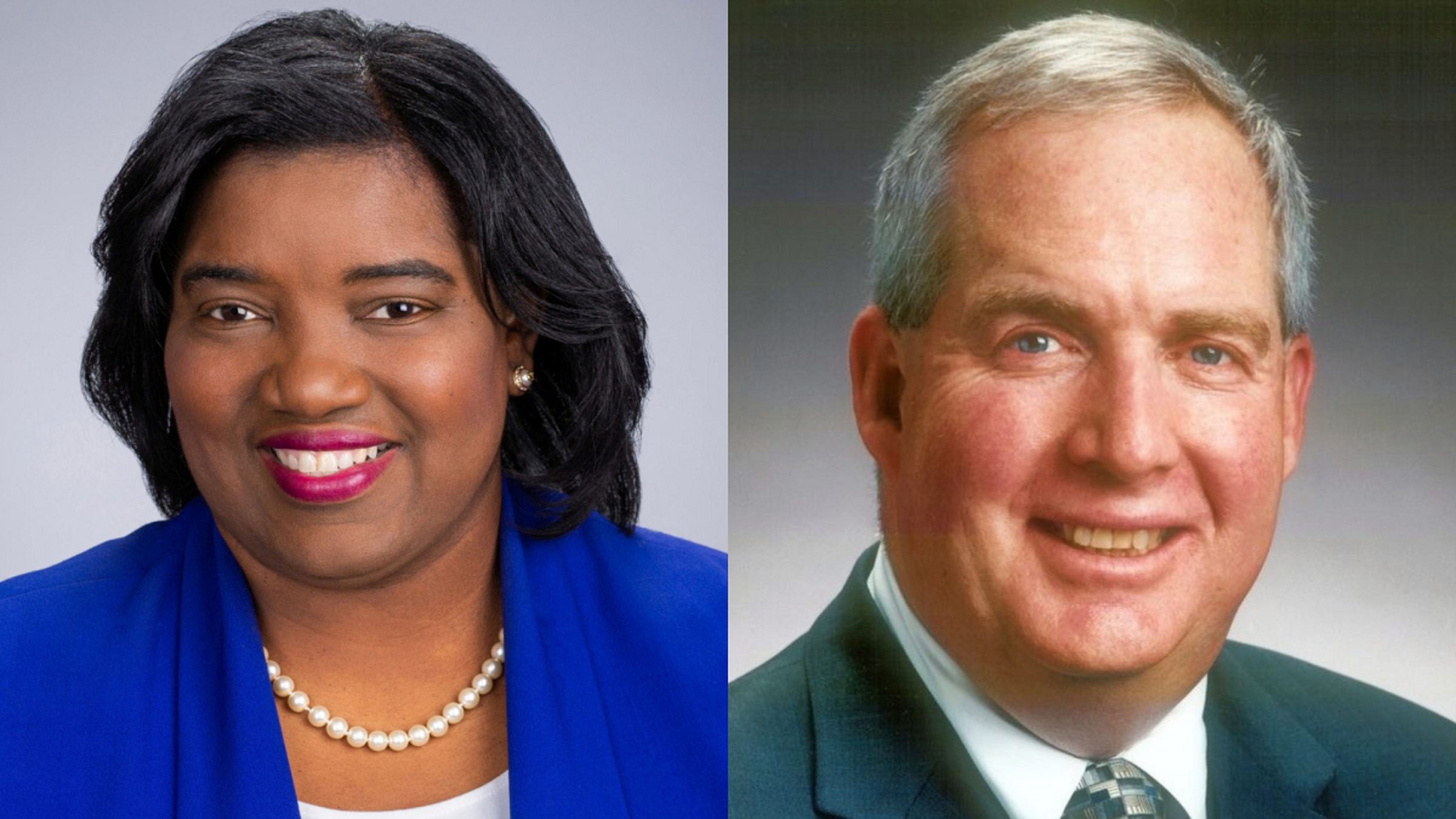
 Dr. Avis Proctor, Harper College president, and Bill Kelley, chair of the Harper College
Board of Trustees, recently wrote a guest opinion piece for the Daily Herald, closing out Community College Month in April and highlighting how Illinois community
colleges can continue to evolve to best serve their constituents:
Dr. Avis Proctor, Harper College president, and Bill Kelley, chair of the Harper College
Board of Trustees, recently wrote a guest opinion piece for the Daily Herald, closing out Community College Month in April and highlighting how Illinois community
colleges can continue to evolve to best serve their constituents:
April is Community College Month, and we're proud to celebrate our sector's contributions to our state and to our nation's global competitiveness. It is also a time to explore ways in which we continue to evolve to meet community needs and support our state's strategic plan for higher education, "A Thriving Illinois."
Illinois ranks 49th in the net migration of college freshmen, with 47% of 2019 high school graduates who went to four-year institutions enrolling at out-of-state colleges and universities. As Illinois Community College Trustees Association Executive Director Jim Reed recently wrote, it might be time to expand our horizons and enable community colleges to offer baccalaureate degrees.
Community colleges have been an essential part of the American higher education system for more than a century. The namesake of our institution, William Rainey Harper, was instrumental in launching the community college movement. Harper was a visionary who realized our unique institutions could provide affordable and accessible education to a wider range of students who would otherwise be unable to pursue their academic goals. His vision became reality: Community colleges serve 10.2 million students, according to the American Association of Community Colleges.
For more than 30 years, a growing number of community colleges across the country have offered baccalaureate degrees. More than 20 states can offer community college baccalaureate degrees, including Indiana, Michigan, Missouri, Ohio and Wisconsin. This transformative movement has the potential to propel Illinois to achieve more equitable outcomes in degree attainment.
According to the AACC, nearly half of all community college students today aspire to earn a bachelor's degree. However, many of these students are unable to transfer to a four-year institution due to financial, geographical or other barriers.
By offering baccalaureate degrees in select high-demand fields, community colleges can help meet local needs and provide pathways to affordable and accessible four-year degrees. This is especially important for low-income and first-generation college students typically served by community colleges. Creating opportunities for degree completion -- especially for place-bound students who may otherwise have no access to a four-year university -- is vital for our communities. At Harper, these applied bachelor degrees would build upon the strong partnerships we enjoy through our University Center and programs like Engineering Pathways to University of Illinois.
Further, Illinois universities could grow their graduate programs through these expanded pools of community college baccalaureate program graduates, as evidenced by the productive working relationships in Florida and Washington state.
Most community college bachelor's degrees offered in other states are in applied programs, created in a collaborative fashion with regional universities within state legislative guidelines to address specific workforce needs. The top programs offered in other states are in fields such as business, health care, education and applied technologies to prepare students for workforce needs in their communities.
The community college baccalaureate addresses another significant barrier to bachelor degree attainment: the transfer of credits to four-year institutions. While many four-year schools have entered into articulation or transfer agreements, students still struggle to keep the credits they earned at their community college. A 2017 Government Accountability Office study found students lost an average of 43% of credits in the transfer to a four-year university. Proposed legislation in Illinois, which the Senate approved and is under review by the House, gives many community college students hope that the major courses they've taken would be accepted for their bachelor degree programs across the state, saving time, money and accelerating degree completion.
We understand expanding the role of community colleges into the bachelor's degree arena is not without controversy and is sometimes described as mission creep. It is, in fact, core to our mission to proactively respond to community needs as the community's college. We feel collaborating with our university partners to design programs that are needed at a regional level can create paths to a prosperous future for more Illinoisans. As partners, community colleges and universities can increase equitable outcomes for our students, strengthen our local communities and bolster economic development for the state.
Together, let us work toward "a thriving Illinois."